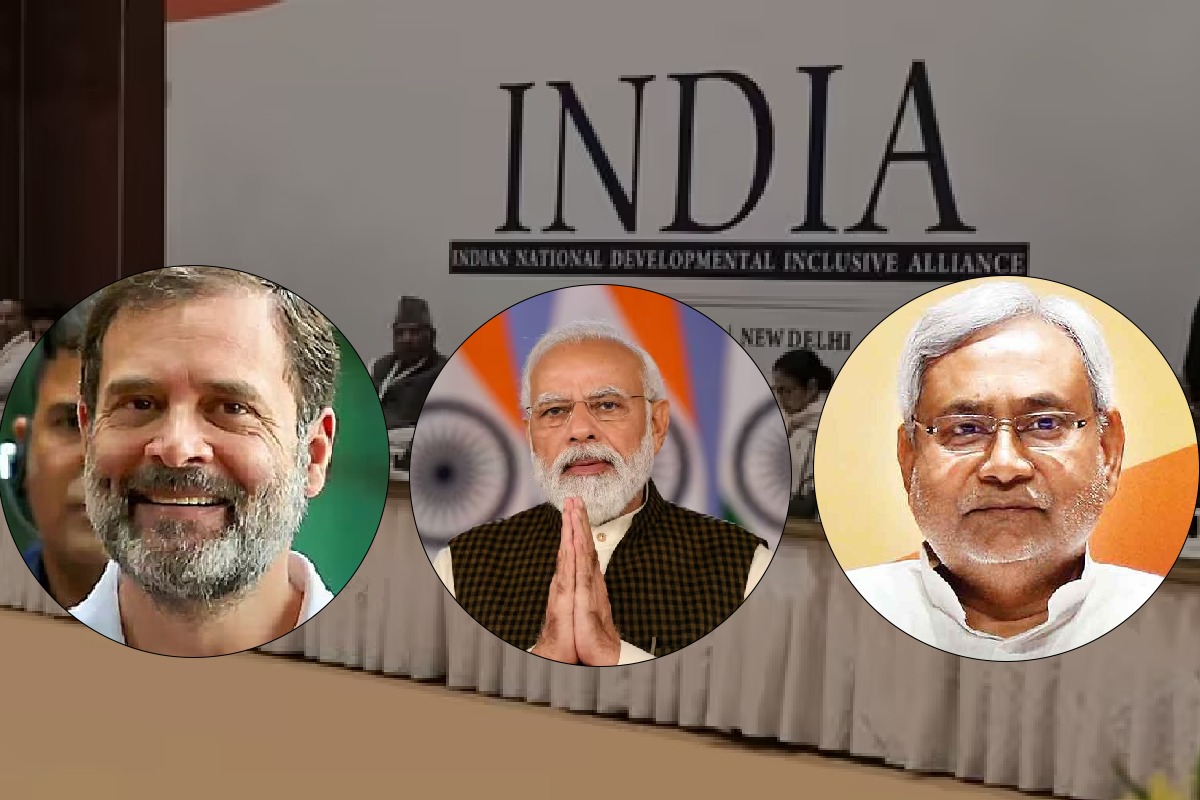
Nitish Kumar’s exit has raised doubts about the sincerity and the commitment of the other leaders and parties in the Indi-alliance and has made the people question the reliability and the longevity of the alliance.

The Indi-alliance, a coalition of over 25 opposition parties, was formed in 2022 to challenge the BJP-led NDA in the 2024 Lok Sabha elections. The alliance claimed to represent the interests and aspirations of the diverse and marginalized sections of Indian society, such as the minorities, the Dalits, the OBCs, the farmers, the workers, and the women. The alliance also promised to uphold the values of secularism, democracy, and federalism, and to counter the BJP’s alleged agenda of Hindutva, communalism, and authoritarianism.
However, the alliance suffered a major setback when Nitish Kumar, the chief minister of Bihar and the leader of the Janata Dal (United), quit the alliance and rejoined the NDA. This move not only shocked and betrayed his former allies but also weakened the credibility and viability of the Indi-alliance. Nitish Kumar’s exit has exposed the cracks and contradictions within the opposition bloc and has given a boost to the BJP’s prospects in the upcoming elections.
Nitish Kumar’s exit has several implications for the Indi-alliance. First, it has reduced the numerical strength and the geographical reach of the alliance. Nitish Kumar’s JD(U) was one of the largest and most influential parties in the alliance, with 16 MPs in the Lok Sabha and 43 MLAs in the Bihar assembly. The JD(U) also had a strong presence and support base in Bihar, which is a crucial state for national politics, with 40 Lok Sabha seats and 16 Rajya Sabha seats. By losing Nitish Kumar, the Indi-alliance has lost a significant ally and a key state.
Second, it has eroded the ideological coherence and the political vision of the alliance. Nitish Kumar projected himself as a leader who could deliver good governance and maintain law and order. By switching sides, Nitish Kumar has not only compromised his principles and reputation but also damaged the image and the message of the Indi-alliance. He has also given ammunition to the BJP to mock and discredit the alliance as an opportunistic and unstable grouping of power-hungry and ideologically incompatible parties.
Third, Nitish Kumar’s exit has come as a rude shock and a betrayal to the millions of people who voted for Mahagathbandhan in Bihar in 2020, and who hoped for a change in the Centre in 2024. It has also created confusion and distrust among the people who are looking for a credible and viable alternative to the BJP. Nitish Kumar’s exit has raised doubts about the sincerity and the commitment of the other leaders and parties in the Indi-alliance and has made the people question the reliability and the longevity of the alliance.
The Indi-alliance still has the potential and the responsibility to challenge the BJP and to defend the democracy and the diversity of India. The Indi-alliance must not let Nitish Kumar’s exit derail its mission and its vision.